What is Organic September?
Organic September is an annual campaign that encourages people to make organic choices throughout the month and beyond. It’s a celebration of all things organic, from food and drink to beauty products and clothing, and it’s a reminder of the benefits that organic living brings to our health, communities, and the planet.
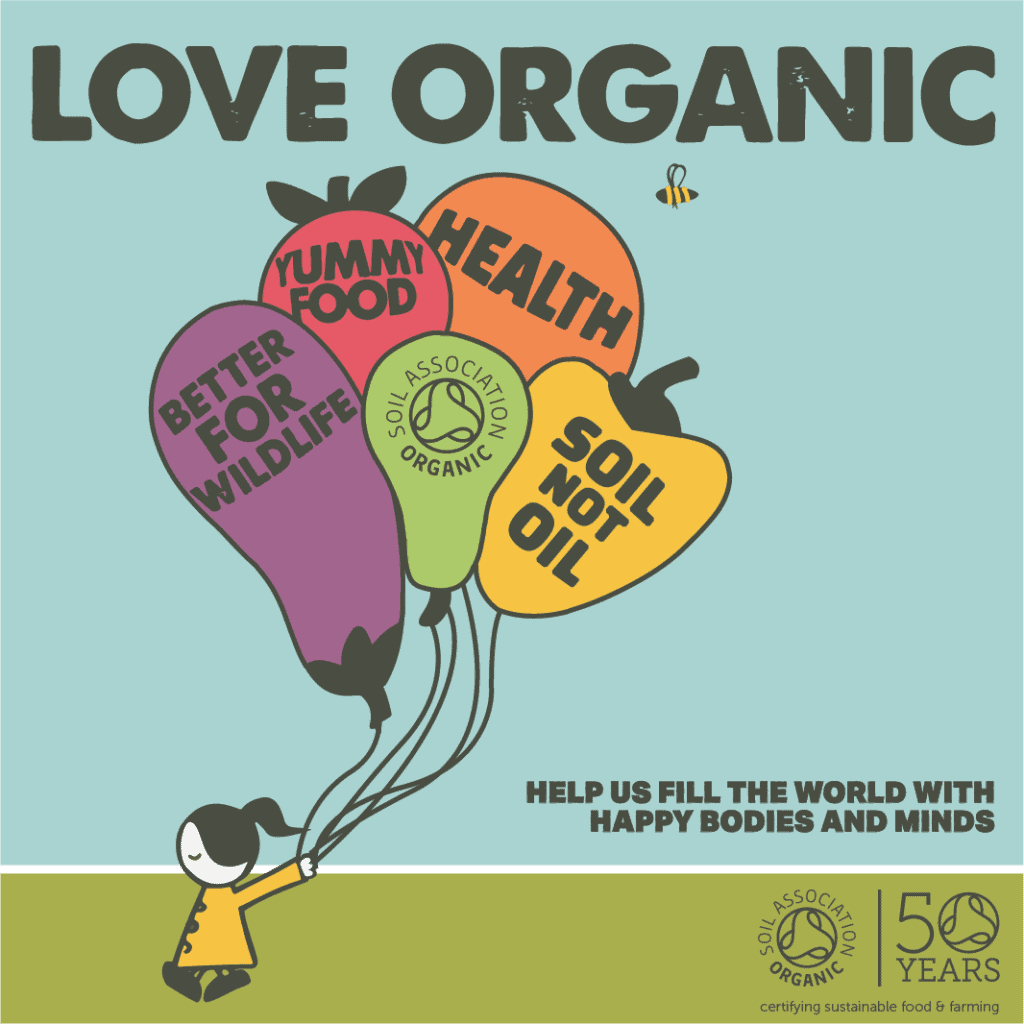
For me, Organic September is more than just a campaign—it’s a reflection of a lifestyle that began in my childhood, rooted in the rich soil of my parents’ garden. It’s an opportunity to share the importance of organic produce with others and to reflect on the impact of our food choices.
A Seed Planted in Childhood – My Personal Connection to Organic Produce
From a young age, I learned the value of hard work and the joy of growing our own food. My parents’ garden was a living classroom where I understood the rhythm of the seasons, the patience required to nurture plants, and the deep satisfaction of picking our own food.
I am originally from a small village in Hungary and growing up, my earliest memories are filled with the vibrant colours of ripening tomatoes, cherries, strawberries picked straight from the vine. My parents, passionate supporters of organic gardening, had grown a huge garden that became the heart of our home. This early exposure to the benefits of organic produce has shaped my views on food, health, and sustainability, guiding me to prioritise organic choices throughout my life.
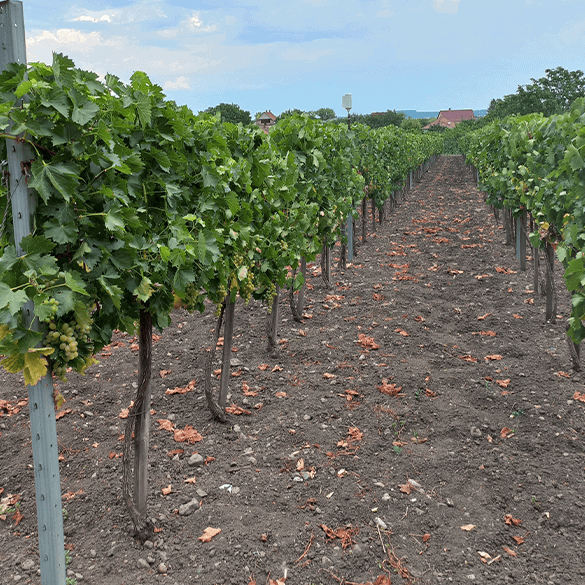
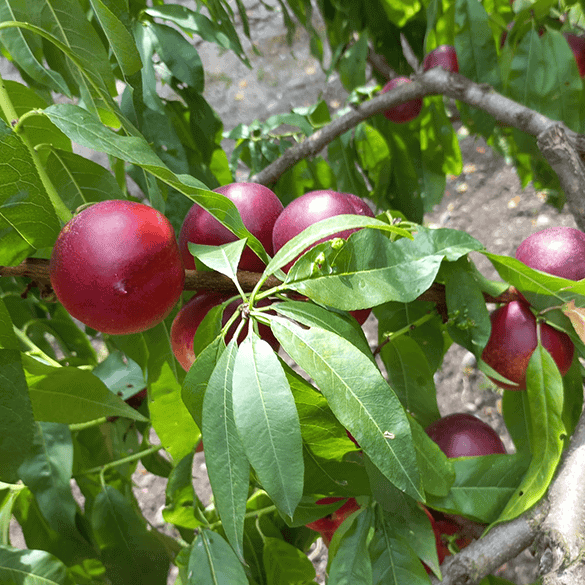
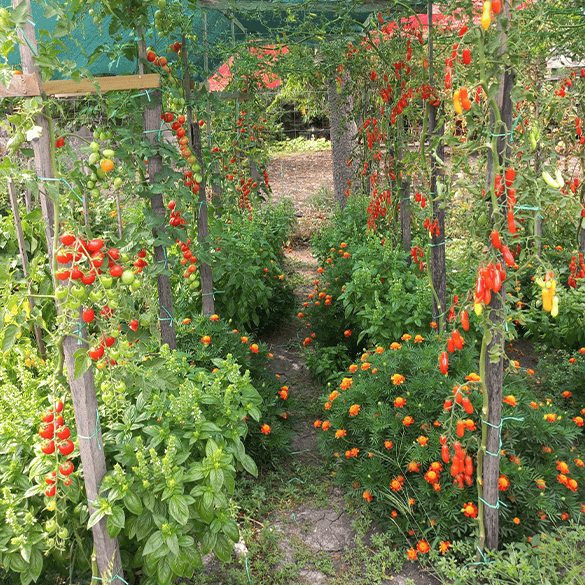
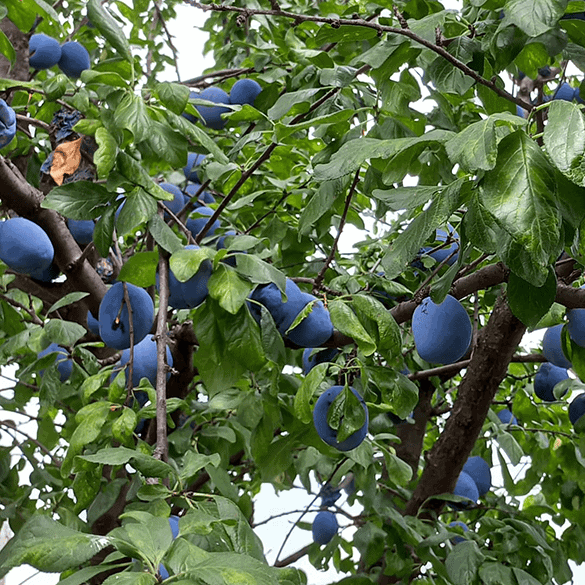
Organic September always feels like a time to return to my roots—quite literally. Growing up in a household where organic gardening was a way of life, this month serves as a reminder of the values my parents instilled in me. Their garden was a place of learning, growth, and connection to the earth. I can still remember the pride I felt when we picked our first organic carrots or when I helped my mother can tomatoes for the winter.
The Benefits of Organic Produce
Organic produce is grown without synthetic pesticides, fertilisers, or genetically modified organisms (GMOs). This not only makes it healthier for our bodies but also better for the environment. Here’s why:
Healthier for You: Organic fruits and vegetables are often richer in nutrients like vitamins, minerals, and antioxidants. These nutrients are crucial for maintaining a healthy body, boosting the immune system, and preventing chronic diseases.
No Harmful Chemicals: Conventional farming uses pesticides and chemicals that can leave residues on produce. Organic farming, on the other hand, relies on natural methods to control pests and enrich the soil, ensuring that the food we consume is free from harmful chemicals.
Better Taste: There’s something undeniably superior about the taste of organic produce. It’s more flavourful, vibrant, and true to its natural form. This is something I’ve come to appreciate deeply, having grown up eating fruits and vegetables that were fresh, seasonal, and organic.
Environmental Sustainability: Organic farming practices are more sustainable, as they enhance soil health, reduce pollution, conserve water, and promote biodiversity. By choosing organic, we’re not just benefiting ourselves but also contributing to the health of our planet.
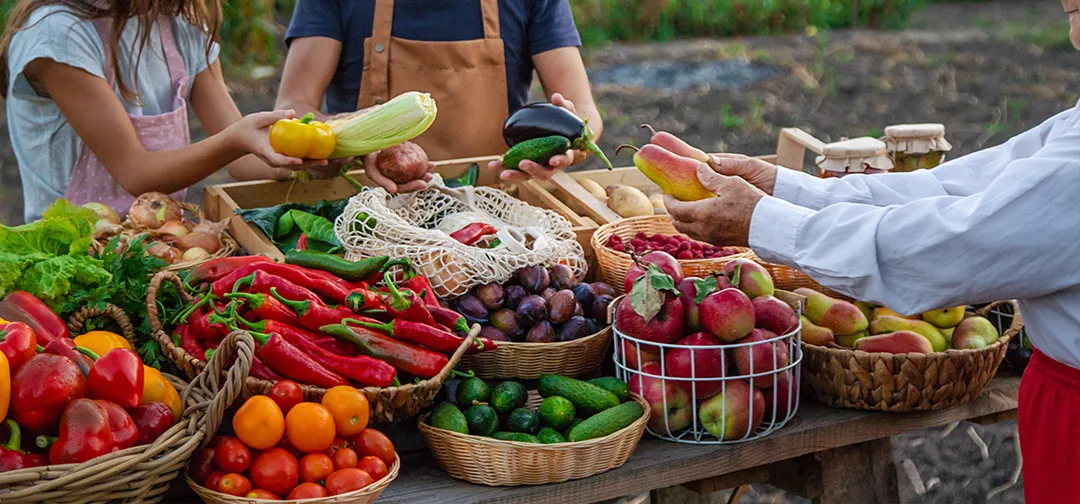
Why Organic Matters More Than Ever
In today’s world, where food is often highly processed and chemically treated, returning to organic roots is more crucial than ever. The growing body of evidence linking pesticides to health issues has prompted many to reconsider their food choices. By choosing organic, we are not only protecting our health but also supporting farming practices that are sustainable and environmentally friendly.
Furthermore, the rise in organic farming is a testament to a growing awareness among consumers. People are becoming more conscious of what they put into their bodies, and organic produce is leading the way towards a healthier, more sustainable future.
Tips on How to Start Making More Organic Choices
Making the transition to organic living can seem overwhelming at first, but with a few simple steps, you can gradually incorporate more organic choices into your daily routine. Here are some tips to help you get started:
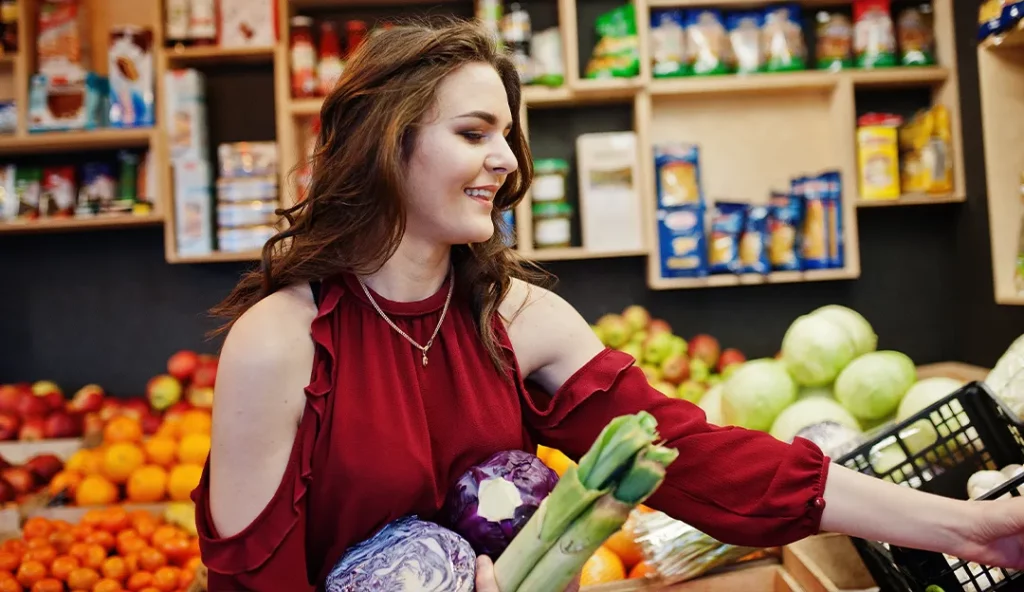
1. Prioritise the Essentials
Begin by prioritising the foods you consume most frequently, such as fruits, vegetables, milk, and bread. Switching to organic versions of these staples ensures that the majority of your diet is free from harmful pesticides and chemicals.
2. Shop Seasonally and Locally
Buying organic produce that’s in season and sourced locally not only supports local farmers but also ensures that you’re getting the freshest and most nutritious options. Visit farmers’ markets or join a local veg box scheme to make seasonal organic produce more accessible and affordable. If you live in Maidenhead like myself, there is a monthly Farmer’s Market in Grove Road car park normally on the second Sunday every month, where you can buy direct from local farmers, growers and dedicated small artisan producers. The next scheduled market is Sunday, 8 September, their 25th birthday, when cake will be on offer!
3. Read Labels Carefully
When shopping, take the time to read labels and look for certified organic products. In the UK, look for logos from organisations like the Soil Association, which guarantee that the products meet strict organic standards.
4. Switch Gradually
You don’t need to go all-in at once. Start by gradually replacing conventional products with organic alternatives as you finish them. This approach is less overwhelming and more budget-friendly.
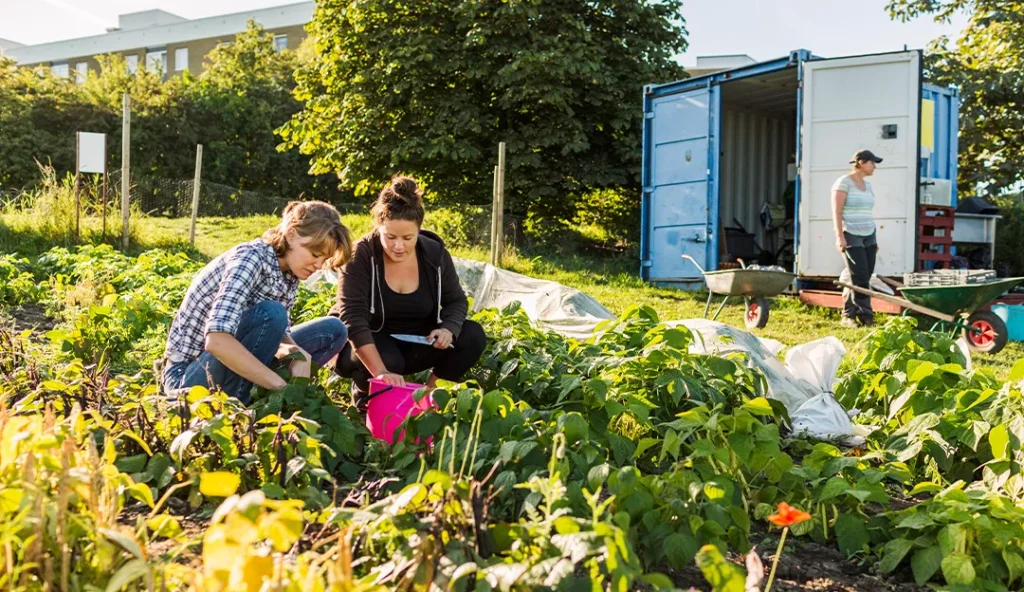
5. Grow Your Own
If you have space, consider growing your own organic vegetables, herbs, or even fruit. This not only gives you complete control over how your food is grown but also provides a rewarding experience and a fresh supply of organic produce.
6. Choose Organic for Animal Products
When it comes to meat, dairy, and eggs, organic choices are often healthier and more ethical. Organic animal products come from livestock raised without routine antibiotics or hormones and fed an organic diet, which means better animal welfare and higher-quality food.
7. Experiment with Organic Alternatives
Try experimenting with organic versions of your favourite products, such as coffee, tea, and snacks. You may find that organic options taste better and are free from additives and artificial ingredients.
8. Opt for Organic in Personal Care
Expand your organic choices beyond food by choosing organic personal care products. Organic shampoos, soaps, and lotions are made with natural ingredients and are free from harsh chemicals that can irritate the skin.
By starting with these small, manageable steps, you can easily incorporate more organic choices into your lifestyle, benefiting both your health and the environment.
Join the Organic Movement
Organic September is more than just a month-long celebration—it’s an invitation to make lasting changes that benefit our health and the planet. By choosing organic, we can support sustainable farming practices, reduce our exposure to harmful chemicals, and enjoy food that is both nutritious and delicious. This September, I encourage you to join the organic movement, whether by trying new organic products, visiting local farmers’ markets, or even starting your own garden. Together, we can make a difference—one organic choice at a time.


